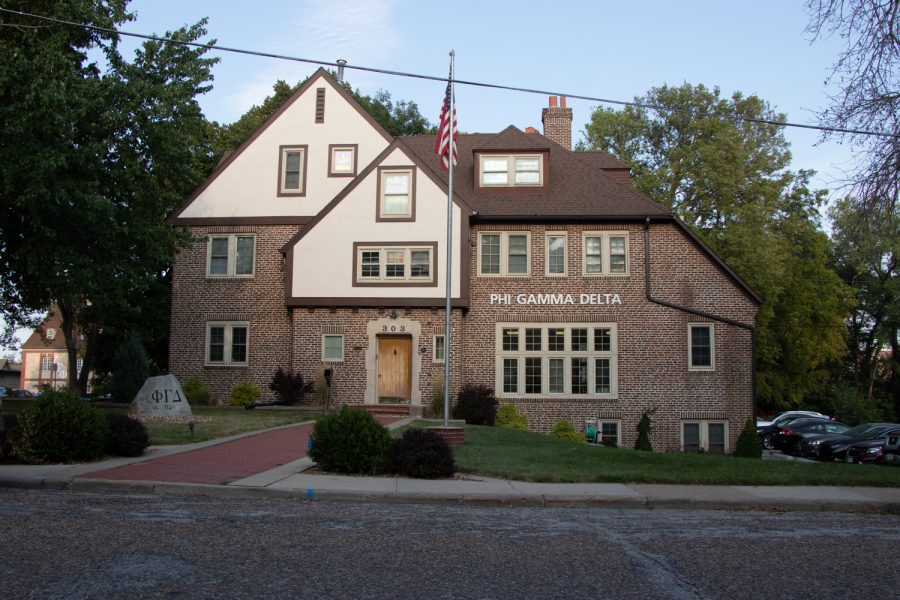The trial involving the University of Iowa fraternity Phi Gamma Delta, known as FIJI, will be moved from Johnson County to Tama County, according to court documents.
The lawsuit was brought by UI student Makéna Solberg, who reported that members of FIJI sexually assaulted her at a party in September 2020. Court documents report that FIJI members Carson Steffen and Jacob Meloan sexually assaulted Solberg while she was intoxicated.
Solberg has since named Steffen and Meloan in her lawsuit, along with adding the UI’s FIJI chapter.
The UI’s chapter of the fraternity and former UI students and FIJI members Steffen and Meloan previously requested a change of location for the trial due to detailed media coverage of the case.
Court filings show that the trial was initially scheduled to start in November 2024, but the date may change due to the new location. The change in location incurred a $80 fee, to be paid by the defendants, according to a court filing from Aug. 31.
The defendants filed a motion to change venue on April 12 and cited various articles published by newspapers in Iowa City and Johnson County as contributing to the increased publicity of the trial. The filing alleges that this publicity “sparked protests causing nearly $200,000 in damage” to the FIJI house.
Solberg has a separate lawsuit against UI student Broc Hawkins which is scheduled to begin in January, at the Johnson County Courthouse.
RELATED: Protesters call for removal of the University of Iowa FIJI chapter
The filing also alleges that the continued coverage of the trial — with the most recent filing then being one in which Solberg motioned to include the organization of FIJI — justified the grounds for moving the trial from Johnson County.
That request has since been granted, according to Aug. 30 court filings. In the filing, District Court Judge Kevin McKeever wrote that although sexual assault cases can cause heightened emotions in a community, it would not normally lead to media coverage of this extent.
“The vast majority of cases receive some media coverage but do not result in any actual prejudice, nor do they create the presumption of prejudice. However, in this instance, the Court believes that the coverage has created a presumption of prejudice against the Defendants,” McKeever wrote.



